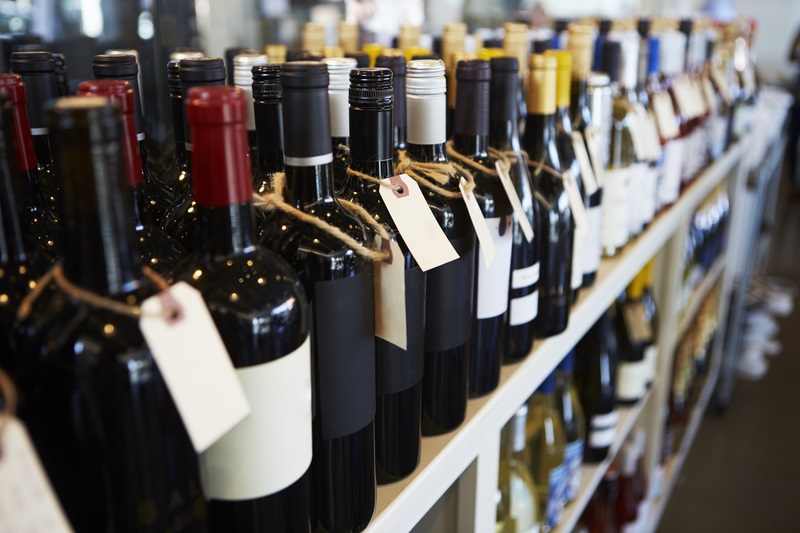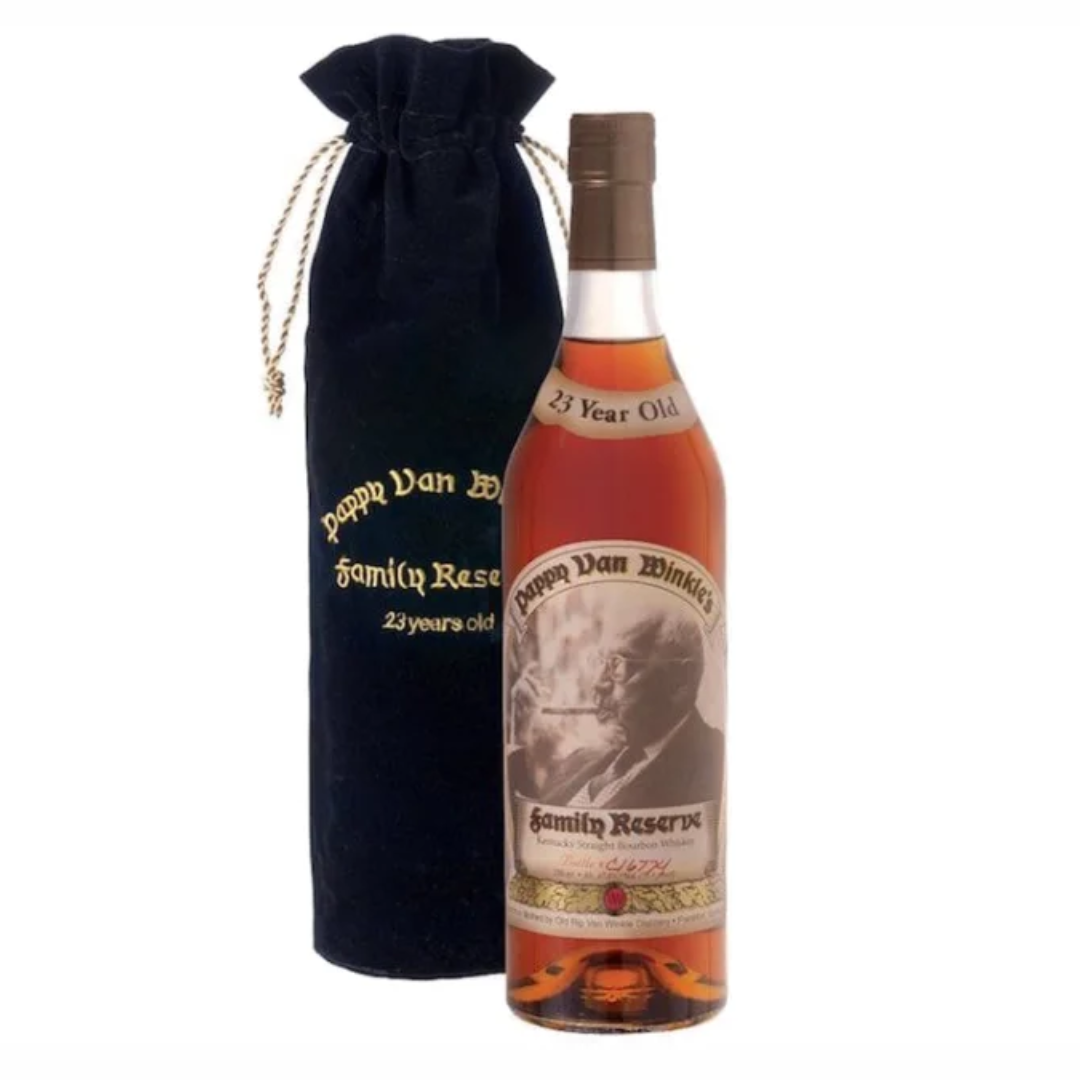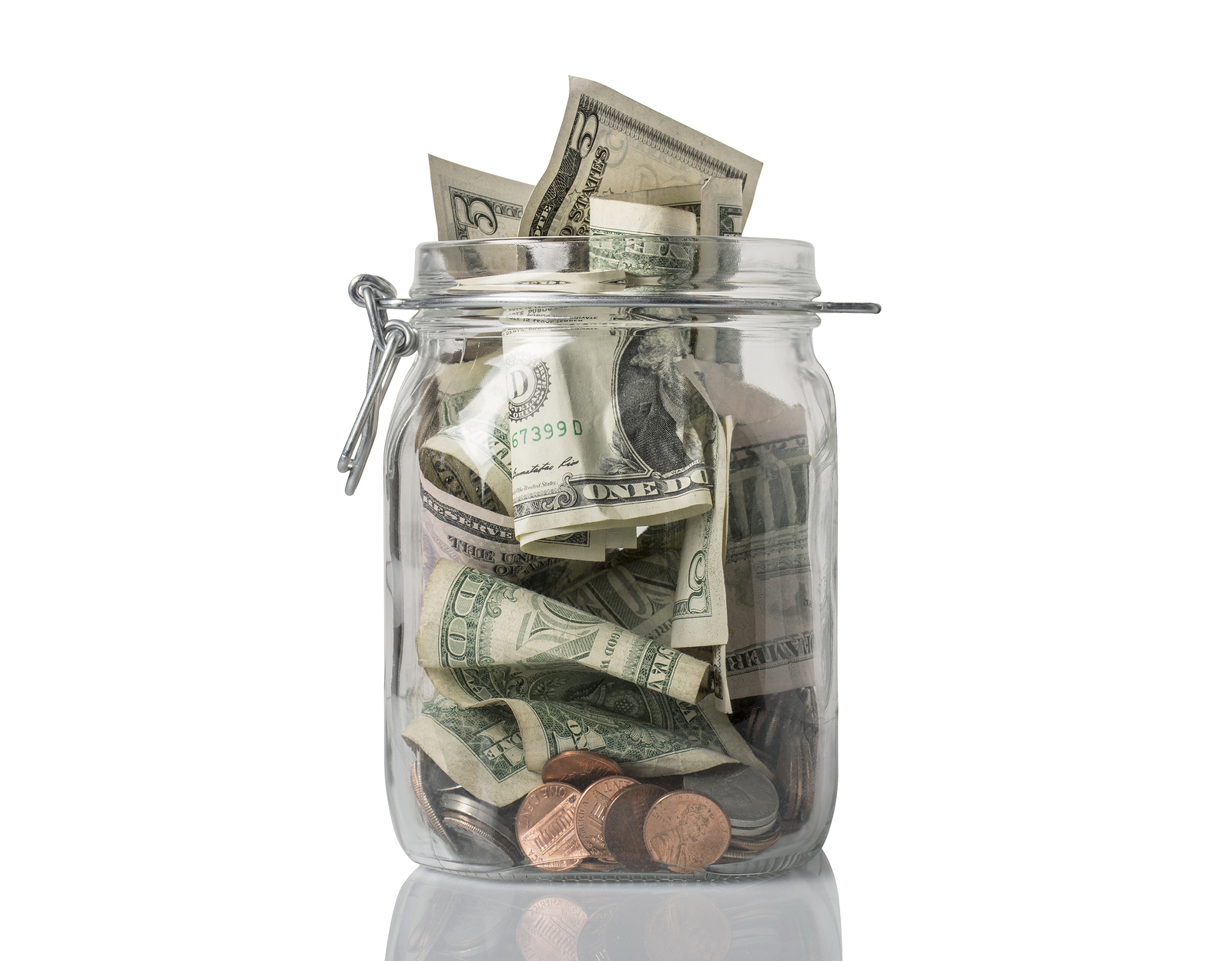PA Wineries to the PLCB: Is it Legal to Offer Volume Discounts?

There have been rumblings around the Commonwealth that the Pennsylvania State Police, Bureau of Liquor Control Enforcement (“LCE”) has been investigating Pennsylvania wineries regarding their selling practices. The Pennsylvania Liquor Control Board (“PLCB”) has now addressed the issue in a Legal Advisory Opinion.
In short, it has been a common business practice in Pennsylvania for wineries to offer volume discounts to consumers that purchase their products (i.e., percentage discount or a set price for purchasing a case of wine as opposed to one bottle of wine). The Legal Advisory Opinion was about whether a limited winery could offer a percentage discount if a consumer bought a certain number of bottles. The PLCB answered in the negative, stating that offering a discount on the purchase of multiple bottles of wine is illegal, under certain circumstances.
The PLCB stated that it would be an illegal inducement under the Pennsylvania Liquor Code to offer or advertise a discount based upon the amount of wine purchased. Essentially, if a winery is advertising 25% off the total cost if you purchase a case of wine, that would be an illegal inducement under the Pennsylvania Liquor Code. However, there is another way to provide volume discounts to your consumers, thereby increasing your consumer sales (which is what we should be advocating that small businesses do in Pennsylvania).
You can provide discounts based upon the amount of wine purchased if that is the regular price for that quantity of wine. That means you cannot market or advertise it as a discount, and it will be up to your consumers to figure out that purchasing a case of wine will be cheaper per bottle than purchasing one bottle, so long as the discounting is “proportional.” There is no definition in the Pennsylvania Liquor Code for “proportional,” but Merriam Webster defines it as “having a direct relationship to something in size, number, or amount.” While that does not exactly clarify the Legal Advisory Opinion, I believe it is safe to assume that set pricing structure as discussed below would be “proportional.” For example:
Two Pennsylvania wineries are selling their award-winning Pinot Grigios; one is offering discounts legally and the other is not.
- Winery 1 is currently charging $30 per bottle, and advertising that it will give you a 25% discount if you purchase a case of the Pinot Grigio. That would work out to a $90 discount if you purchased a case (12 bottles) of the Winery 1 Pinot Grigio. Unfortunately, this discounting practice would be an illegal inducement under the Pennsylvania Liquor Code
- Winery 2 is charging $30 per bottle like its competitor, Winery 1, but having read this blog, Winery 2 knows that it can offer fixed volume pricing for its wine. Instead of advertising a 25% discount like Winery 1 and risking a citation from LCE, Winery 2 has determined that the same discount can be achieved legally by selling a case of its Pinot Grigio for $270. Winery 2 does not advertise it as a discount; it simply advertises its fixed pricing for bulk wine of each of its brands. This would not be an illegal inducement under the Pennsylvania Liquor Code.
Clearly, then, the same ultimate discount can be legal so long as you advertise your discounts as fixed prices instead of percentage discounts. Absent a finding by LCE that the discount is not “proportional” as used in the Legal Advisory Opinion, the discount pricing by Winery 2 should comply with the recent Legal Advisory Opinion from the PLCB. Although it may not be as eye-catching to your consumers as a percentage discount, the risk of illegal advertising is never worth getting a citation or lengthy investigation from LCE.
For information regarding national and state liquor law matters or general manufacturing and distribution advice, please contact our Liquor Law, Licensing, Manufacturing, and Distribution Practice Group: Liquor Law Department Chair Theodore J. Zeller III, Esquire (tzeller@norris-law.com); David C. Berger, Esquire (dberger@norris-law.com) for Pennsylvania and New Jersey retail and manufacturing licensing; or contact our offices at 610-391-1800.




